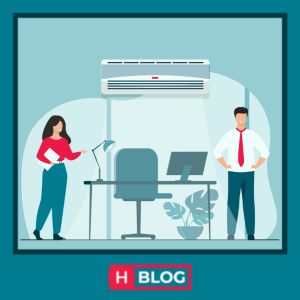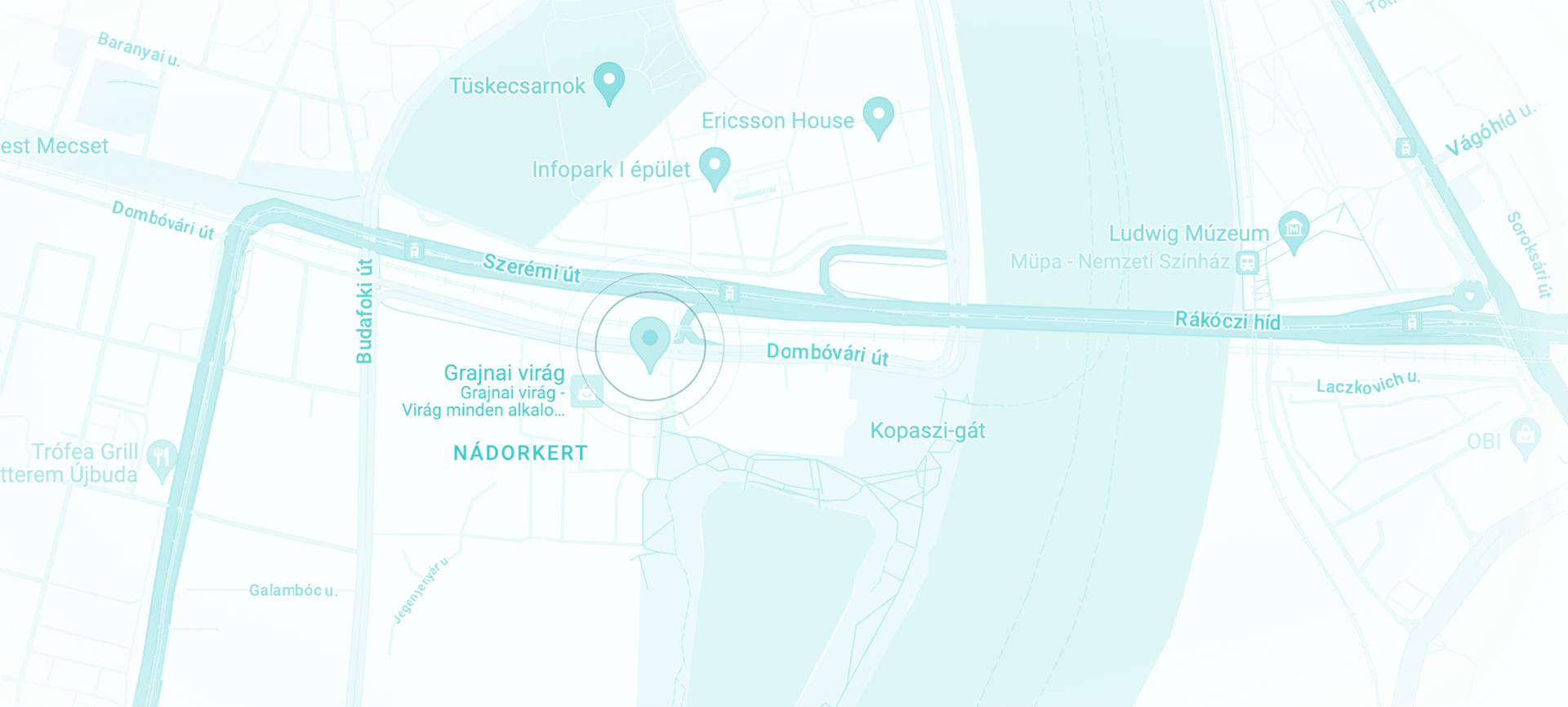
Air-conditioning at the office – Summer work safety in Hungary
Summer is on us, which means air-conditioning is being turned on in most offices and other places of business. Since the temperature of the work environment affects the health as well as the productivity of the work force, it is regulated by law to ensure the well-being of your employees.
Summer is on us, which means air-conditioning is being turned on in most offices and other places of business. Since the temperature of the work environment affects the health as well as the productivity of the work force, it is regulated by law to ensure the well-being of your employees.
Expected temperature at the work place
Before diving into the details, the relevant law specifies that the work place temperature must be appropriate to the type of work and the physical exertion that goes with it. The acceptable temperature in each case is as follows:
| intellectual / sedentary work | 21-24°C |
| light physical work | 19-21°C |
| medium difficulty physical work | 17-19°C |
| heavy physical work | 15-17°C |
(If you want to learn more about expected workplace temperature in winter, click here.)
While these categories of work difficulty are defined very scientifically, by the energy output expressed in kJ/hour, practically they refer to how much time you must spend sitting or standing up, walking around, and lifting objects (also considering how heavy these objects may be, and whether you need protective clothing). At an office, most work is sedentary.
Temperature is supposed to be measured regularly. In case of sedentary jobs, the thermometer is supposed to be placed at 0.5m from the ground; in case of physical work, at 1m from the ground.
The law does not expressly specify humidity, but it also affects apparent temperature, and experts suggest it should be somewhere between 40-55% for office jobs. Keep in mind that air-conditioning dries the air; however, in summer that rarely becomes a problem if the weather is otherwise humid, and the office is aired every day (preferably in the early morning or the evening hours).
How to prevent your office from overheating?
These days most offices have their own air-conditioning. To prevent health hazards and maintain the productivity of your employees, make sure to set the AC to a temperature that is appropriate for their work.
Some food for thought:
- For sedentary work, the expected temperature is 21-24°C. Try to find a setting that is acceptable for every colleague working in the same space.
- Starting the AC on a low setting in the morning and keeping it running all day is both more environmentally friendly and less straining to the body than waiting for the heat to build up and then starting the AC on a high setting.
- If there are blinds or other covering on the windows, mind their setting: close them to block direct sunlight to prevent the office from heating up even more, and open them only when the sun has moved.
In addition, consider the dress code at the office. In formal settings, men are often required to wear warmer clothes (suit with the jacket on), while women have more freedom to dress for the summer. This can increase the difference of temperature needs between male and female employees and might lead to animosity among your team. In such cases, introducing a more lenient dress code for men while encouraging female colleagues with a colder disposition to dress keeping the AC in mind can help achieve a compromise.
In any case, inviting an open discussion of the topic of air-conditioning at the office can help employees take a more active role in creating a work environment that is beneficial to every member of the team.
What happens if it gets too hot?
In case the office temperature goes above 24°C (e.g. if the air-conditioner breaks down), the employer must adopt measures to mitigate the health risks of their employees:
- They must provide cold drinks (14-16°C); this can be tap water, although mineral water is better for replacing minerals lost through sweating, just like soft drinks (with a sugar content under 4%).
- They must allow for 5-10 minute breaks every hour.
The highest temperature allowed at the office is 31°C.
Find a compromise in air-conditioning
The goal of regulations is to make sure that your employees can remain healthy and productive. While you will probably not be able to set a temperature for the air-conditioner that is just right for everyone, discussing the topic openly and finding a compromise can contribute not only to compliance with the relevant law but also to a warmer atmosphere at the office.
Helpers Hungary was started in 2005, and since then our team has provided expert assistance and consultancy to expats living, working, and doing business in Hungary. If you need any help with administration and compliance, feel free to contact us.
Need help? Fill in the form below.
Was this article useful? Follow us on Facebook and never miss an update.
Contact
Contact us today
Monday - Friday
9am - 5pm CET
Helpers Hungary Kft
Budapart Gate
Dombóvári út 27
Budapest 1117, Hungary
If you’re visiting us, please use entrance A and come to the 2nd floor.






